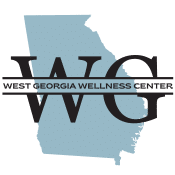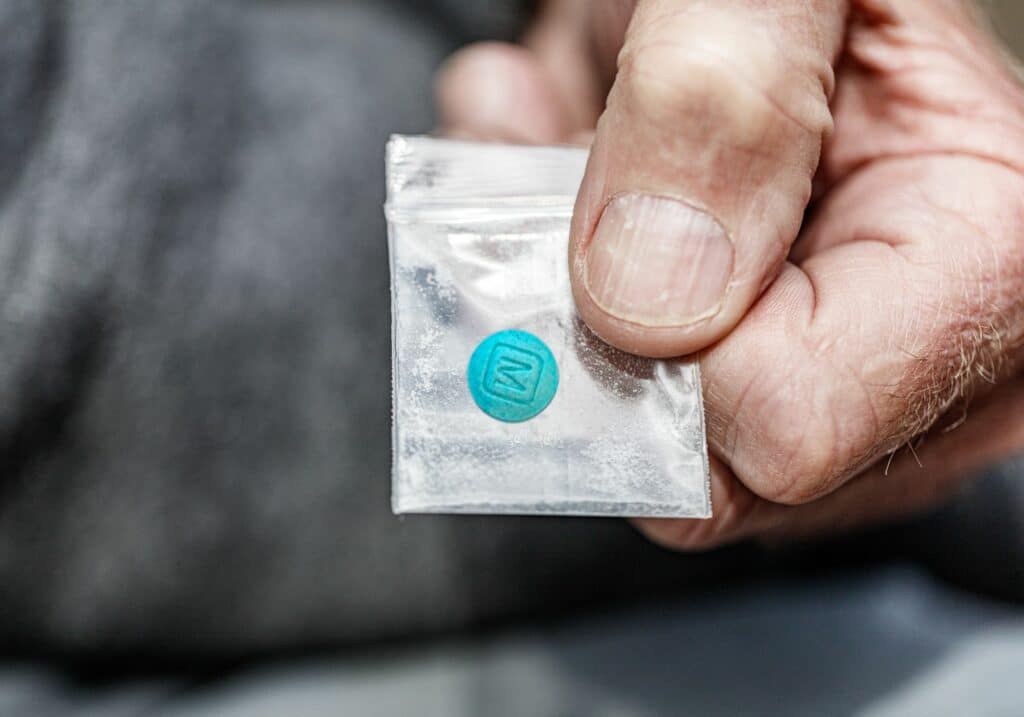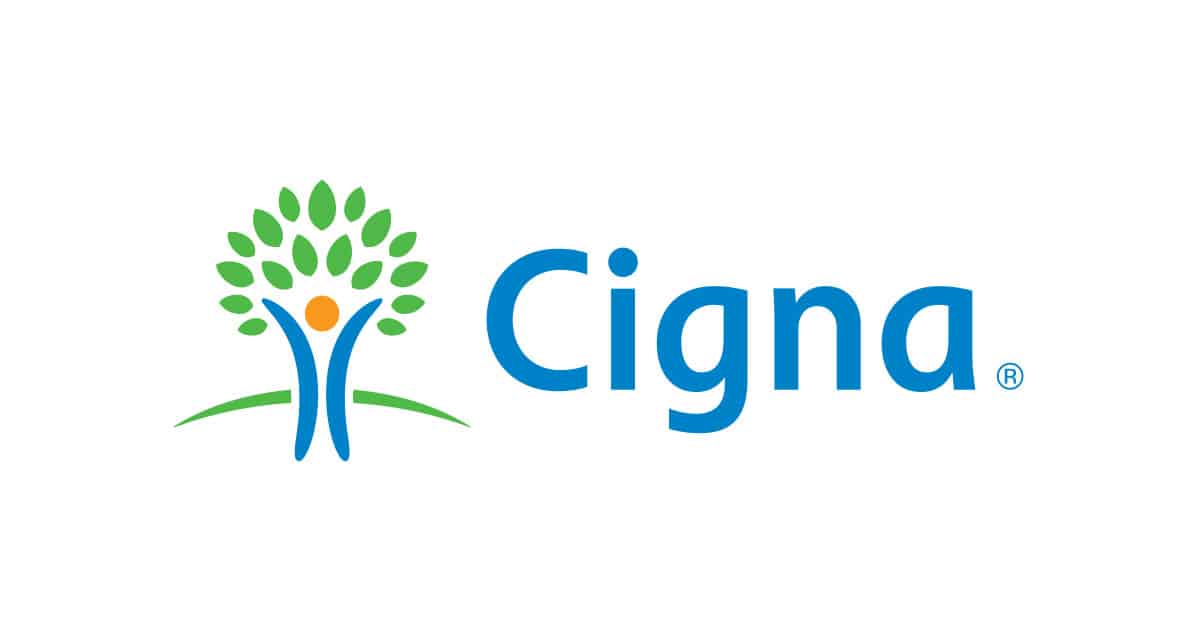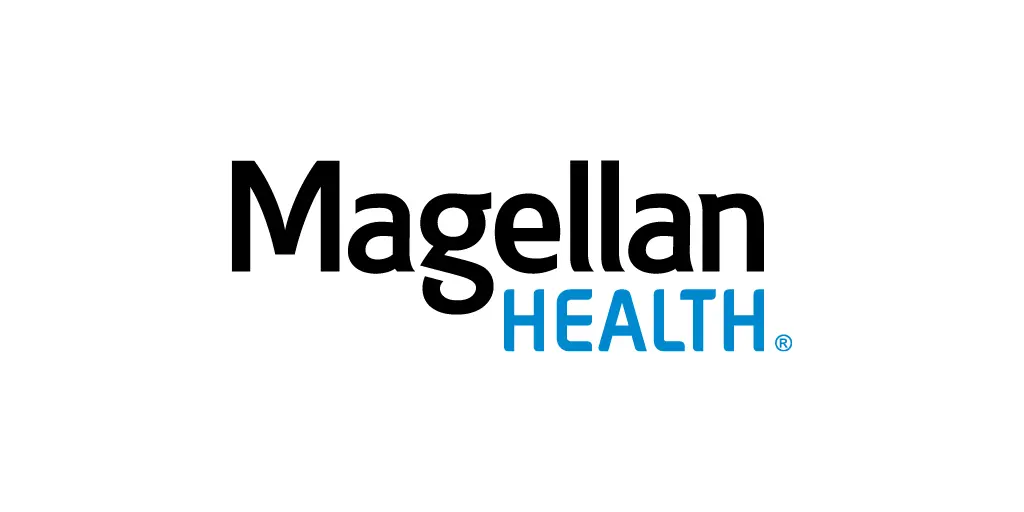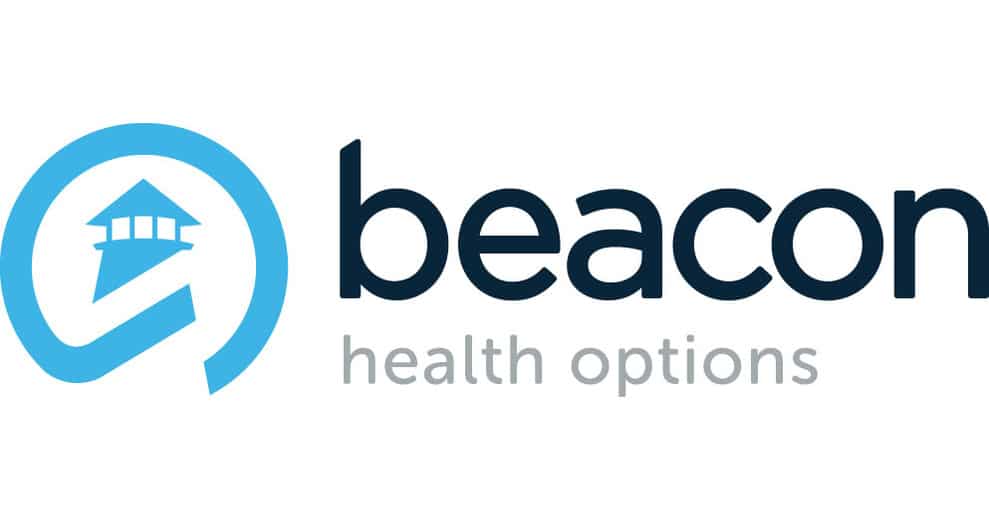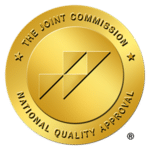Table of Contents
Conquering opiate addiction presents a formidable challenge, yet with the appropriate support and treatment, a path to recovery is within reach. Understanding the structure and benefits of an opiate addiction treatment program is a vital step towards reclaiming your life or assisting a loved one in their journey to sobriety.
For those grappling with substance abuse, the prospect of achieving sobriety might appear distant. However, it’s essential to recognize that a life free from addiction is possible, regardless of past attempts or the duration of the battle against addiction. To assist you on this journey, we’ve compiled essential information about opiate addiction treatment program, offering guidance and support through each step of the recovery process.
What Are Opiates?
Opiates refer to a category of drugs derived from specific plants, renowned for providing users with a euphoric sensation that can last several hours. This pleasurable effect carries a high potential for abuse, often leading to addiction among regular users. The list of substances classified under opiates encompasses a variety of drugs, such as:
- Heroin
- Opium
- Oxycodone
- Morphine
- Codeine
- Hydrocodone
Typically, opiates are prescribed and administered in pill form, with the notable exception of heroin. The United States faces a significant challenge with opiate abuse, affecting both heroin and prescription opiate usage.
Why Is Opiate Addiction So Hard to Overcome?
The journey to overcome opiate addiction is fraught with challenges, often leaving individuals feeling trapped in a cycle of frustration and despair. The difficulty in breaking free from opiate dependency is deeply rooted in the brain’s reward system. Emotional triggers like loneliness, isolation, anger, and stress can compel someone towards continued opiate use, as these drugs provide temporary relief, making life’s stressors feel momentarily bearable. This creates a vicious cycle where the brain begins to associate opiate use as the primary means of coping with difficult emotions or situations.
The accessibility of opiates, often prescribed legally for pain relief, adds another layer of complexity to the issue of addiction. It’s not uncommon for friends and family of those struggling with opiate addiction to remain unaware of the problem, partly due to the legitimate use of these substances in medical contexts.
One of the most daunting hurdles in the path to recovery is the withdrawal process. The intensity of withdrawal symptoms can be overwhelming, leading many who attempt to quit back to opiate use as a way to alleviate the discomfort. This challenge underscores the necessity of a supportive and comprehensive approach to addiction treatment, acknowledging the profound grip of withdrawal symptoms on those seeking to reclaim their lives from addiction.
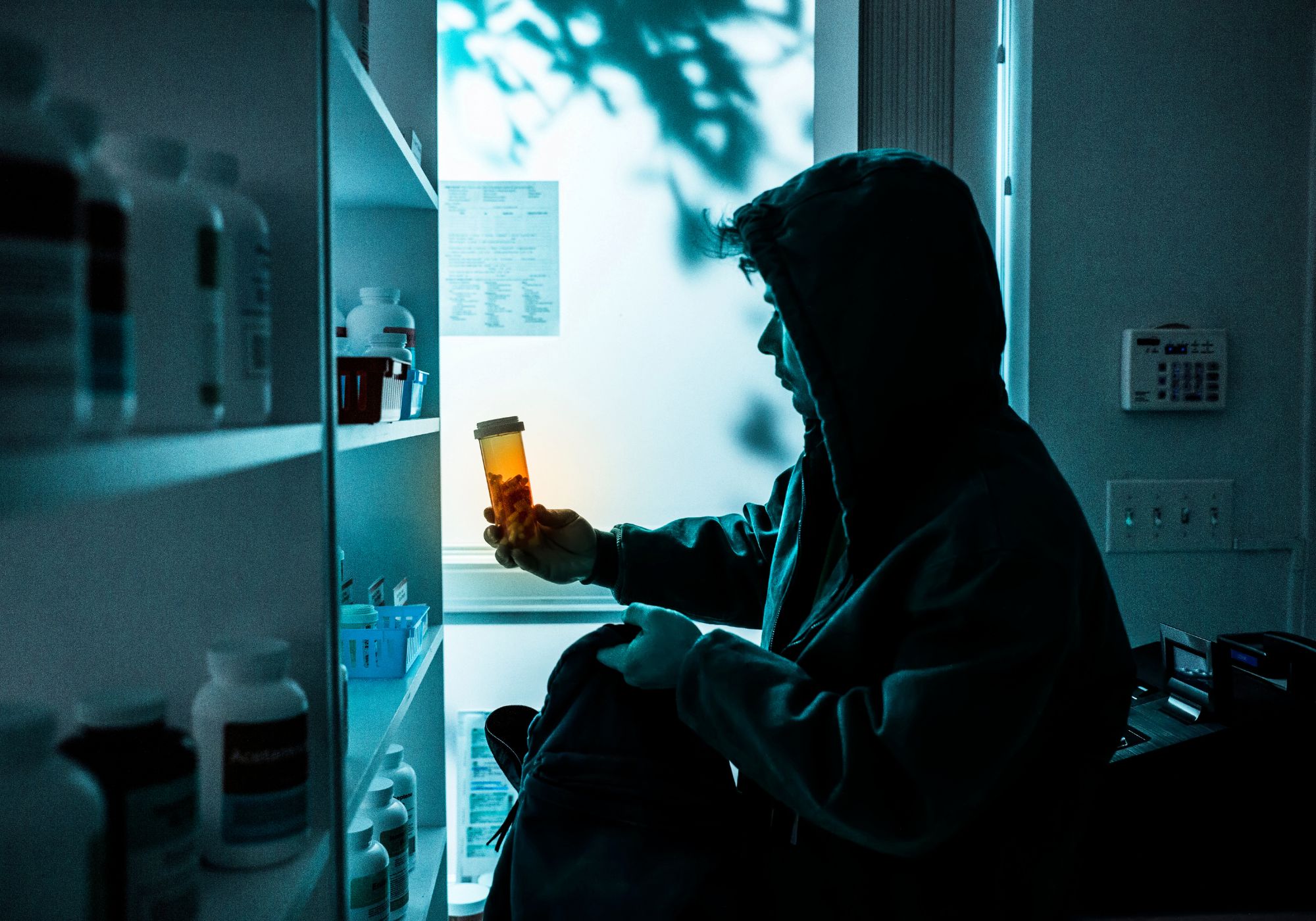
Causes and Risk Factors for Opiate Addiction
Understanding why some individuals fall into opiate addiction while others do not remains a complex puzzle, shaped by a multifaceted blend of factors. The interplay of genetic, biological, environmental, and psychological elements contributes to the risk of developing an addiction. Here’s a closer look at these contributing factors:
- Genetic Influences: The presence of addiction disorders within a family, especially among first-degree relatives, significantly increases the likelihood of developing an addiction. However, genetics is not the sole determinant, as not everyone with a family history of addiction ends up with an addiction themselves. Nonetheless, genetic predisposition is a recognized risk factor.
- Biological Factors: Some theories suggest that certain individuals may inherently lack sufficient levels of endorphins, the body’s natural pain and stress relievers. To compensate for this deficit, they might seek out external sources like opiate narcotics to artificially boost their neurotransmitter levels.
- Environmental Impact: Growing up in a tumultuous household or being exposed to addiction from a young age can markedly raise the chances of future addiction. The environment in which one is raised can influence attitudes towards drug use and the perceived norms around coping mechanisms.
- Psychological Contributions: Many instances of addiction arise from attempts to self-medicate untreated mental health conditions. The presence of co-occurring mental disorders is a significant risk factor for addiction, as individuals may turn to opiates to alleviate the distress of their symptoms, setting the stage for dependency.
These factors underscore the complexity of opiate addiction and highlight the importance of a nuanced approach to prevention, intervention, and treatment. Recognizing the diverse influences on addiction can aid in developing more effective support and recovery strategies for those affected.
Signs and Symptoms of Opiate Addiction
Opiate addiction manifests through a series of signs and symptoms that can vary widely among individuals. While not everyone may exhibit every symptom listed, certain signs are commonly observed in those struggling with opiate addiction:
Mood-Related Symptoms:
- Frequent mood swings
- Periods of depression
- Increased anxiety
- Brief episodes of euphoria
- Irritability
Behavioral Changes:
- Falsifying prescriptions
- Stealing medication from loved ones
- Committing theft in drugstores
- Neglecting family and other responsibilities
- Declining job or school performance
- Obsession with acquiring, using, and recuperating from opiates
- Dishonesty about drug consumption
- Withdrawing from enjoyable activities
- Social withdrawal
- Exhibiting restlessness or lethargy
Physical Symptoms:
- Feeling tired or weak
- Experiencing pain relief
- Reduced respiratory rate
- Sedation
- Muscle spasms
- Vomiting
- Difficulty sleeping
- Constipation
- Itching
- Increased sweating
- Risk of seizures, coma, or death in severe cases
Psychological Impact:
- Developing an addiction
- Memory issues
- Experiencing hallucinations or delusions
- Paranoia
- Deterioration of mental health
- Emotional distress
- Exacerbation of existing mental health conditions
These symptoms highlight the profound impact opiate addiction can have on an individual’s life, affecting their mood, behavior, physical health, and psychological well-being. Recognizing these signs is the first step towards seeking help and recovery for oneself or a loved one from opiate addiction. At West Georgia Wellness Center, we are a dedicated residential substance abuse treatment center specializing in opiate addiction treatment in Atlanta, GA. If you or a loved one is struggling with opiate addiction, our comprehensive and compassionate opiate rehab in Atlanta, GA can help navigate the path to recovery. Contact us today at 470-347-8122 to learn more about our opiate addiction treatment program in Atlanta, GA and take the first step towards a healthier, substance-free life.

Effects of Opiate Addiction
The effects of opiate addiction casts a long shadow over every aspect of an individual’s life, leaving a trail of destruction that affects not only the addict but also their loved ones. The consequences of opiate misuse encompass a wide range of serious outcomes, including:
- Employment termination
- Legal problems, including imprisonment
- Relationship breakdowns and divorce
- Health complications like bleeding ulcers
- Instances of domestic and child abuse
- Homelessness due to financial instability
- Severe damage to the liver and kidneys
- Harm to vital organs
- Neurological impairments, including seizures
- Cognitive impairments, affecting brain function and memory
- The risk of overdose, potentially leading to coma or fatal outcomes
These impacts highlight the critical need for effective treatment and support to overcome opiate addiction and restore health and stability to affected individuals’ lives.
Opiate Withdrawal
Navigating through opiate withdrawal presents a challenging ordeal, with the severity and range of symptoms largely depending on factors such as the duration of drug use, dosage, and frequency of consumption. For safety and efficacy, it’s imperative that withdrawal from opiates is conducted under the vigilant care of healthcare professionals. The common symptoms experienced during opiate withdrawal can significantly impact an individual’s well-being and include:
- Nausea and vomiting
- Severe stomach cramps
- Intense bone and muscle aches
- Cold flashes with goosebumps
- Diarrhea
- Overwhelming anxiety
- Strong drug cravings
- Sleep disturbances
- Enlarged pupils
- Irritability and restlessness
- Thoughts of self-harm
- Potential for seizures
- Sudden fevers
- Risk of entering a comatose state
These symptoms underscore the importance of a medically supervised approach to manage withdrawal safely and to mitigate the risks associated with the process. If you or a loved one is struggling with opiate addiction, Contact us today at 470-347-8122 to learn more about our opiate addiction treatment program in Atlanta, GA and take the first step towards a healthier, drug-free life.
Types of Therapy Used to Treat Opiate Use Disorders
At West Georgia Wellness Center in Atlanta, GA, we adopt a comprehensive approach to treating opiate use disorders, integrating a blend of detoxification, medication management, and our 12-step therapeutic strategy. Our method begins with a thorough assessment to determine if detoxification is necessary, ensuring a safe and closely monitored environment for the most compassionate detox process possible. Upon stabilization, patients transition to our structured 12-step addiction treatment program.
Medication management may be introduced early in the treatment to alleviate withdrawal symptoms and address any co-occurring mental health conditions, with a clear path towards achieving abstinence to avoid replacing one addiction with another. Our goal is to equip our patients with healthier coping mechanisms for enduring recovery.
Our therapy offerings are diverse, including Cognitive-behavioral therapy (CBT) which aims to reshape negative thought patterns into more positive, constructive perspectives, influencing better feelings and behaviors. Rational emotive behavioral therapy (REBT) emphasizes proactive problem-solving to overcome emotional and behavioral issues, promoting a more satisfying life.
Group therapy sessions provide a supportive space for sharing experiences and learning from others facing similar challenges, fostering a sense of community and shared growth.
Understanding the importance of a supportive network, we encourage family involvement in the recovery process. We open our doors to patients’ families facilitating a nurturing environment where loved ones can engage actively in the journey towards recovery. This inclusive approach underscores our belief in the power of collective support in overcoming opiate addiction.

Opiate Addiction Treatment at West Georgia Wellness Center
At West Georgia Wellness Center we are committed to providing comprehensive and personalized care for those battling opiate addiction in Atlanta, GA. Our approach is multifaceted, addressing the intricate challenges posed by opioid dependence, including the profound changes in brain function and behavior that can occur. Here’s a snapshot of the treatment options we offer:
Medically Supervised Detox
Our first step is to ensure a safe and manageable detox process. We collaborate with top detox facilities to offer medically supervised assistance, helping individuals navigate the physical and psychological withdrawal symptoms that can arise from stopping opioid use. Our priority is the safety and comfort of each person, providing a solid foundation for recovery.
Residential Treatment Program
West Georgia Wellness Center offers a residential treatment program tailored to meet the unique needs of each individual. This program provides a nurturing and structured environment for recovery, with stays typically ranging from 3 to 6 weeks, depending on personal progress and needs. Our residential treatment emphasizes intensive therapeutic interventions, including both individual and group sessions, skill development activities, and medication-assisted treatment when necessary.
Outpatient Treatment
Recognizing the diverse needs of those we serve, our outpatient program offers flexibility for individuals to engage in treatment while maintaining their daily commitments. This program includes scheduled therapy sessions at our facility, with the intensity and frequency designed to decrease as individuals develop resilience and coping mechanisms. This approach supports a seamless transition back into the community and daily life, promoting long-term success in recovery.
Choosing the most appropriate treatment pathway is crucial and depends on various factors, including the severity of addiction, any co-occurring mental health conditions, the individual’s support system, and personal circumstances. At West Georgia Wellness Center, our dedication lies in delivering empathetic, effective care customized to each person’s journey toward recovery. Our ultimate aim is to empower individuals to achieve a fulfilling life, free from opiate addiction. Contact us today at 470-347-8122 to learn more about our opiate treatment center in Atlanta, GA and take the first step towards a healthier, drug-free life.
